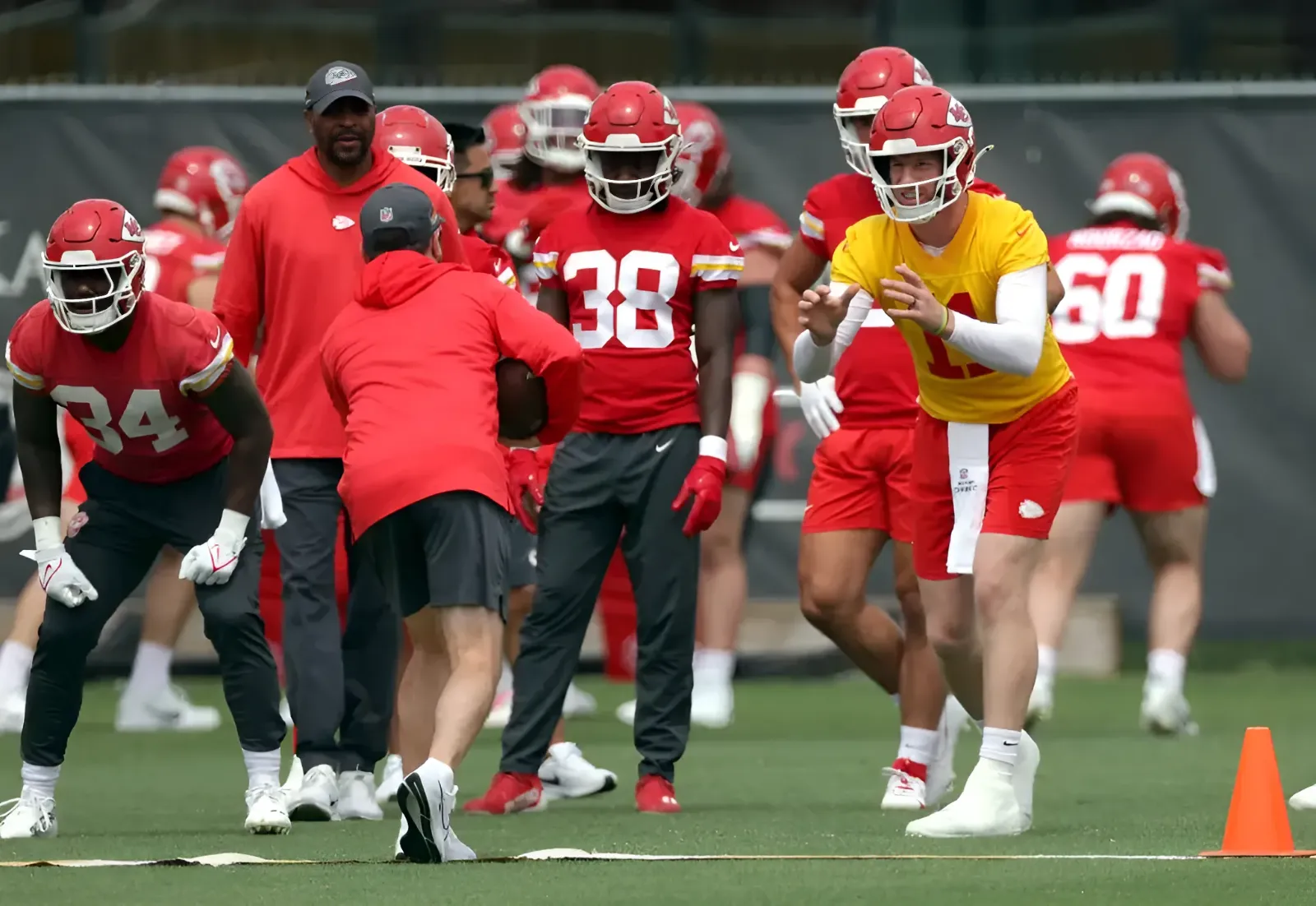Boxing legend Oscar De La Hoya recently dismissed the notion that former heavyweight champion Mike Tyson was “ripped off” by his infamous promoter, Don King.
During a guest stint on an episode of retired NFL star Shannon Sharpe’s Club Shay Shay podcast, De La Hoya offered a fresh perspective on the controversies that surrounded Tyson’s financial troubles.
In 1998, Tyson took legal action against King, alleging that the promoter had scammed him out of a staggering $100 million. The lawsuit was eventually dropped and settled out of court, with Tyson being awarded $14 million.
De La Hoya argues that Tyson squandered much of his fortune on his own. "People keep saying that Don King ripped off Mike Tyson and all that, but Mike Tyson made about $400-500 million — that's his money. What he does with it is not Don King’s fault," he told Sharpe during the interview.
Tyson himself even appears to agree with this assessment. In a 2022 episode of The Pivot podcast, he estimated he spent $500 million in earnings on frivolous expenses such as a gold-plated bathtub, three Bengal tigers, and lavish gifts for women he dated over the course of 15 years.
“Iron Mike’s” long-running financial struggles offer two lessons for investors and the average saver.
The importance of financial autonomy
It might be tempting to delegate financial tasks to someone else, especially if you find yourself not particularly literate in that area. However, your financial future is solely your responsibility.
Regardless of the rules and contracts involved, there is an inherent conflict of interest when one party is expected to act in the best financial interest of another party. This is known as the “principal–agent” or “agency problem,” according to the CFA Institute.
Blindly trusting someone to manage your finances can expose you to scams, embezzlement, and other financial crimes. Besides Tyson, famous celebrities, such as singer Sting, baseball pitcher Shohei Ohtani, and songwriter Billy Joel, have also been “duped” by their closest advisers. These high-profile examples highlight the importance of financial self-reliance.
Rigorous due diligence and constant monitoring can help you limit your exposure and take better control of your finances.
A lack of impulse control
Celebrities and multimillionaire athletes are not the only ones to struggle with impulse control.
Ordinary Americans may not be buying exotic tigers or gold-plated bathtubs, but overconsumption is a common problem across the country.
Nearly 30% of American adults say they overspend on luxuries such as clothing, accessories, and fine dining experiences, according to Empower.
Meanwhile, a 2024 Bankrate survey found that roughly one-third (36%) of Americans were willing to borrow money from friends, family members, credit cards, or via personal loans to finance a summer vacation.
In 2022, 40% of 1,600 adults surveyed across the country revealed to LendingTree that they overspent to “impress others.” Of that cohort, 27% are now in debt.
This widespread inability to control spending is reflected in the ballooning debt levels.
Total household debt surged to a record-high $17.8 trillion in the second quarter of 2024, according to the Federal Reserve’s latest Household Debt and Credit Report.
If you find yourself in this position, it may be time to consider creating a budget. Download an app, create a spreadsheet, or grab a paper and pen — anything that helps you lay out all your monthly expenses in an orderly fashion.
Be sure to include everything from utilities to rent or mortgage payments — and don’t leave out any outstanding debts or monthly “treats”, such as daily coffees. Only once you know where all your money is going, can you start to change these numbers.
By controlling unnecessary spending and frivolous purchases, many Americans can escape this vicious cycle of overconsumption and overleveraging.




